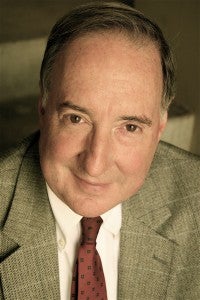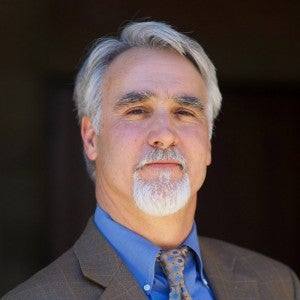Russia: A red October for #Election2016
USC experts in Russian history and culture, and general cybersecurity, discuss the country’s rising importance in U.S. politics
Contact: Ian Chaffee at (213) 740-8606 or ichaffee@usc.edu
____________________________________________
“Hacking is just one of Russia’s tactics in the ‘soft warfare’ it is conducting. Directed primarily at the United States and its NATO allies, the Russian effort includes traditional broadcasting by RT, Sputnik and other outlets as well as sophisticated use of online tools such as bots to spread disinformation and harass opponents.
“Vladimir Putin has embraced these methods because he wants to keep Russia-U.S. relations tense [but at a manageable level] while he pursues his adventurism in Ukraine, Syria and most recently the Baltic. With Russia plagued by a faltering economy and a robust kleptocracy, troublemaking provides a useful distraction for Putin’s domestic constituency.
“Barack Obama has so far been restrained in reacting to overt Russian interference in the U.S. presidential campaign, but in the online era the United States must become better prepared to respond appropriately to Russian provocations.”
Philip Seib is a professor of journalism and public diplomacy and professor of international relations at the USC Annenberg School for Communication and Journalism. He can discuss dynamics of the Information Age Cold War, as well as Russia’s use of propaganda as an outbound weapon.
Contact: (213) 740-9611 or seib@usc.edu
____________________________________________
 The new Russian ‘cyberwarrior’
The new Russian ‘cyberwarrior’
“While Russian cyberwarriors are a very capable force, their commanders [including commander-in-chief] remain largely Old Century strategists who rely on hard power and have little competence in modern ‘hybrid’ warfare. Unlike many U.S. commentators I would speculate [as I have no firsthand evidence] that this breach was not a planned conspiracy — but rather an ‘occasional success’ that was oversold to Russia’s political leadership, and the latter barely recognized the benefits and dangers of the possessed information.”
Vasily Gotov, a visiting fellow at the USC Annenberg Center on Communication Leadership & Policy, has reported on some of the most important events in Cold War and post-Cold War Russia, including the Chernobyl disaster and failed August Coup. He can comment on Russia’s use of media and propaganda during and after the Cold War, how Vladimir Putin has used censorship and disinformation internally, and how the new Russian “cyberwarrior” fits in with Moscow’s old guard.
Contact: (617) 652-1625 or vvg_232@usc.edu
____________________________________________
“If you keep irritating [Russia], and crying like a baby that you’re the victim, we are going to embarrass you in a big way internationally. Putin feels assertive. He sees America as reactive and letting him set the agenda while we are consumed with our presidential politics.”
Robert English is director of the USC School of International Relations at USC Dornsife College. He can discuss Russia’s intellectual history, nationalist desires and how its public role in this year’s U.S. election cycle fits with its global aspirations.
Contact: (626) 372-4161 or renglish@usc.edu
____________________________________________
“Hacks on the voter registration systems can impact an election even without changing vote tallies. There is also great concern about the security of the vote counting systems especially as venues move toward greater reliance on computer rather than mechanical or paper vote collection systems. There are also significant privacy concerns regarding just what is done with voter registration records in the normal course of business.
“In this case, the real issue is the claim that Russia is behind the WikiLeaks. That may be the case, but attribution is always difficult. This is really a matter of attribution of grey area activities where the actions may be by individual hackers or hacker groups that are sometimes engaged by or encouraged by one entity, and at other times by other entities, and sometimes act on their own volition. These actors easily go rogue with respect to even those that promoted their activities, and this creates the plausible deniability regarding attribution.”
Clifford Neuman is director of the USC Center for Computer Systems Security at the USC Viterbi School of Engineering. He can discuss security of voter registration and election systems, as well as cyberattack attribution and sourcing.
Contact: (310) 448-8736 or bcn@isi.edu
# # #






